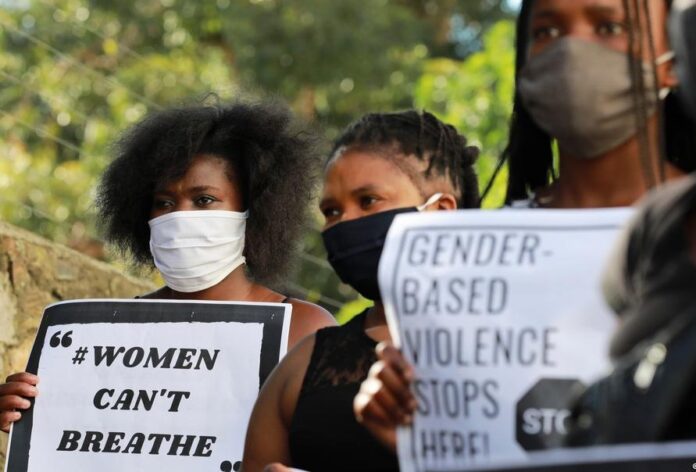WOMEN- Violence against women is a pervasive and devastating issue that affects millions of women worldwide. It is a human rights violation that includes physical, sexual, and emotional abuse. Here are some types of violence against women:
Physical violence: Physical violence is the use of physical force that results in bodily injury or harm. It can include hitting, slapping, punching, kicking, or strangling.
Sexual violence: Sexual violence is any sexual act that is forced upon a person without their consent. It can include rape, sexual assault, sexual harassment, and female genital mutilation.
Emotional or psychological violence: Emotional or psychological violence is any act that causes emotional harm or trauma. It can include verbal abuse, threats, humiliation, and intimidation.
Economic violence: Economic violence is the use of economic means to control or abuse a woman. It can include denying a woman access to resources, preventing her from working or forcing her to work without pay.
Cultural violence: Cultural violence is the use of cultural norms and practices to justify violence against women. It can include practices such as forced marriage, honor killings, and female infanticide.
Violence against women is a complex issue that requires a multifaceted approach to address. Some ways to address the issue include:
Education and awareness: Education and awareness-raising campaigns can help to change attitudes towards violence against women and raise awareness of the problem.
Legal and policy reforms: Legal and policy reforms can help to provide better protection for women who experience violence. This can include strengthening laws against violence against women and ensuring that perpetrators are held accountable for their actions.
Support services: Support services such as hotlines, shelters, and counseling can help to provide women with the support they need to recover from the trauma of violence.
Empowerment programs: Empowerment programs can help women to gain economic independence and improve their social status. This can include providing education and job training.
Community involvement: Community involvement is crucial in addressing violence against women. It can involve engaging community leaders, religious leaders, and other stakeholders to help change attitudes towards violence against women and promote gender equality.
Violence against women is a serious issue that affects millions of women worldwide. Addressing the issue requires a multifaceted approach that involves education and awareness, legal and policy reforms, support services, empowerment programs, and community involvement.
Governments play a crucial role in addressing and preventing violence against women. Here are some ways in which governments can engage in this issue:
Enacting and enforcing laws: Governments can enact and enforce laws that criminalize violence against women, such as domestic violence, sexual assault, and harassment. They can also establish and fund specialized courts and police units to handle cases of violence against women.
Providing support services: Governments can provide support services such as hotlines, shelters, counseling, and medical care to women who have experienced violence.
Promoting gender equality: Governments can promote gender equality by implementing policies that empower women and girls, such as equal pay, access to education, and political participation. They can also work to challenge harmful gender stereotypes and attitudes that perpetuate violence against women.
Educating the public: Governments can launch public education campaigns to raise awareness about violence against women and its impacts. This can include initiatives such as public service announcements, school programs, and community outreach.
Engaging with civil society organizations: Governments can engage with civil society organizations, including women’s rights groups, to collaborate on policy development and implementation. This can help ensure that policies are informed by the experiences and perspectives of those most affected by violence against women.
Addressing systemic issues: Governments can address systemic issues that contribute to violence against women, such as poverty, discrimination, and lack of access to resources. This can involve implementing policies to address income inequality, improve access to education and healthcare, and promote social inclusion.
Governments have a critical role to play in addressing and preventing violence against women. By enacting and enforcing laws, providing support services, promoting gender equality, educating the public, engaging with civil society organizations, and addressing systemic issues, governments can help to create a world where women are free from violence and abuse.








